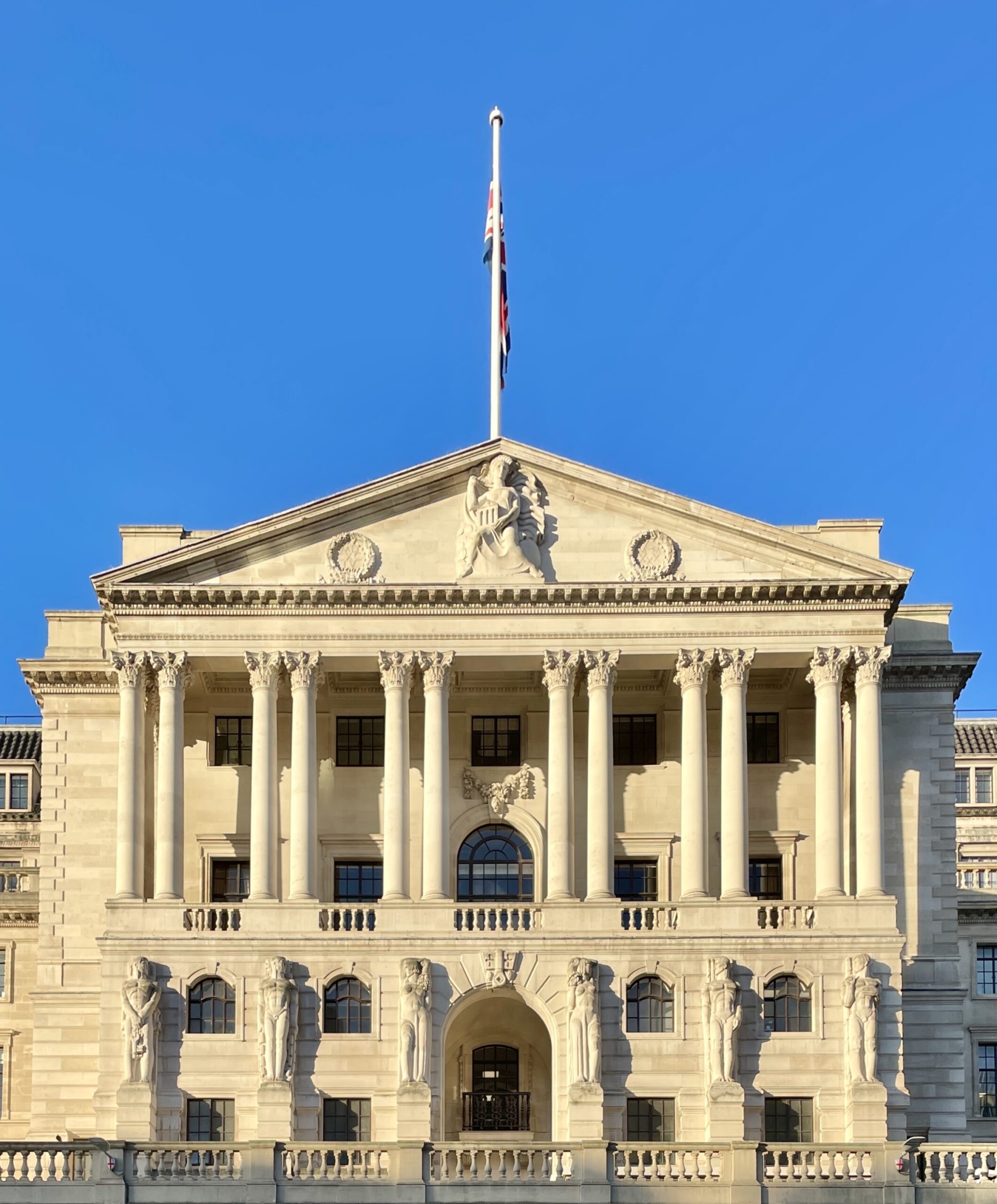The Bank of England (BOE) ended its final meeting of 2024 with a decision to hold interest rates steady at 4.75%.
The move came as UK inflation rose to an eight-month high of 2.6% in November, up from 1.7% in September, driven by higher prices in core goods and food.
The MPC said, “Since the MPC’s previous meeting, twelve-month CPI inflation has increased to 2.6% in November from 1.7% in September.
This was slightly higher than previous expectations, owing in large part to stronger inflation in core goods and food.
Services consumer price inflation has remained elevated.”
Headline CPI inflation is expected to continue to rise slightly in the near term.
Although household inflation expectations have largely normalised, some indicators have increased recently.
Despite expectations of stabilizing household inflation sentiments, recent data pointed to signs of renewed pressure.
MPC votes 6-3 to maintain current rate
The Monetary Policy Committee (MPC) voted 6-3 to maintain the current rate, with three members advocating for a 25 basis point cut to 4.5%.
This division underscores the uncertainty surrounding the UK’s economic outlook, particularly as domestic inflationary pressures persist and wage growth continues to fluctuate.
Recent data shows that private sector weekly earnings grew sharply in the three months leading to October, though this growth remains more volatile than other indicators.
For 2025, average pay settlements are expected to fall within a range of 3% to 4%. While the labor market appears balanced, policymakers remain cautious about potential disruptions.
Economic growth under strain
The BOE’s latest estimates suggest weaker GDP growth toward the end of 2024 than previously anticipated.
A combination of global geopolitical tensions, domestic fiscal policies from the Autumn Budget, and trade uncertainties have added complexity to the economic outlook.
The central bank said it remains committed to addressing inflationary pressures, emphasizing that monetary policy will remain restrictive as long as necessary to achieve the 2% inflation target.
While external shocks that previously drove inflation have abated, domestic pressures are proving more persistent.
Global developments influence UK policy
The BOE’s decision came just after the US Federal Reserve cut its key interest rate by 25 basis points earlier this week.
While the Fed indicated a more limited rate-cut trajectory in 2025, UK markets have adjusted their expectations for future BOE rate reductions.
Traders now foresee approximately 50 basis points of cuts from the BOE in 2025, down from earlier forecasts of 70 basis points.
These revised expectations follow the release of stronger-than-anticipated inflation and wage growth data for November.
Navigating an uncertain future
Looking ahead, the BOE faces significant challenges as it balances inflation control with economic stability.
Factors such as geopolitical tensions, global trade dynamics, and domestic fiscal measures will influence its decisions in 2025.
While the central bank has made progress in combating inflation, it acknowledges that uncertainties around the labor market and global risks require a cautious approach.
For now, the BOE’s commitment to maintaining monetary stability remains a cornerstone of its strategy.
The post Bank of England holds interest rates steady as inflation pressures persist appeared first on Invezz

